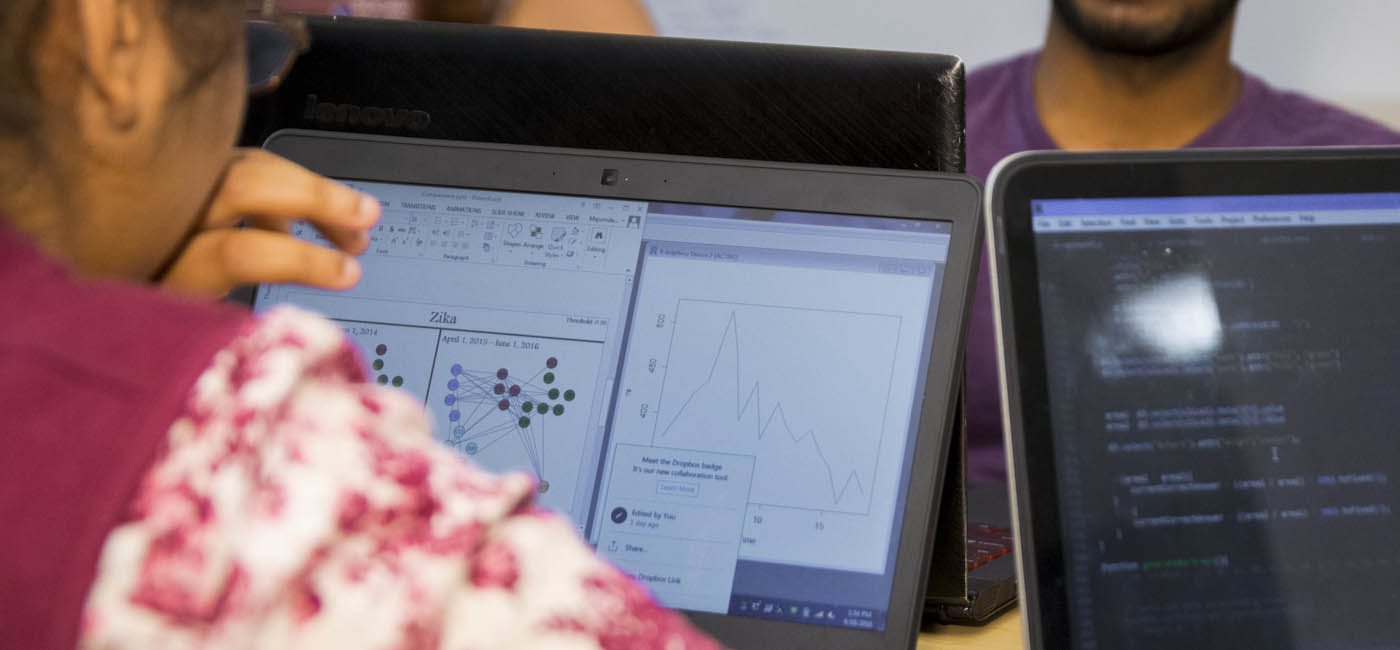 WPI recently announced a new collaboration with IBM to support and enhance big data curriculum using a mix of interdisciplinary know-how along with computing skills.
WPI recently announced a new collaboration with IBM to support and enhance big data curriculum using a mix of interdisciplinary know-how along with computing skills.
WPI is one of 28 business schools and universities nationwide that will work with IBM on this new initiative to give students experience and training to be ready to launch into a rapidly expanding job market. According to IBM, “4.4 million jobs will be created worldwide to support big data by 2015.”
Industries across the board are calling for people who not only know how to gather information from data being produced with different technologies, but can analyze the data and “read” what it means for businesses right now and how it will help guide them.
Using IBM’s resources and support, students studying data science will have better access to the tools that will help them understand how to interpret the massive volumes of data being produced all over the world. Working with universities helps bring a talented pool of candidates to industries calling for more data scientists and workers.
“This allows us in principle to do large-scale big data projects,” says Elke Rundensteiner, director of data science at WPI. “Data science curricula should be very applied, and it’s driven by the need of the industry to have data scientists.”
Big data isn’t just pure numbers. “In fact, it may not be numbers at all,” says Rundensteiner. “It could be textual data like a tweet or images like weather.”


 But, he says, the data won’t help any industry without qualified and skilled professionals who know how to collect it and what to do with it. “To unlock the value of the data, you need people with skills,” Spohrer says. “They need to use the tools that allow them to extract data. You can’t do that manually with so much data.”
But, he says, the data won’t help any industry without qualified and skilled professionals who know how to collect it and what to do with it. “To unlock the value of the data, you need people with skills,” Spohrer says. “They need to use the tools that allow them to extract data. You can’t do that manually with so much data.”

